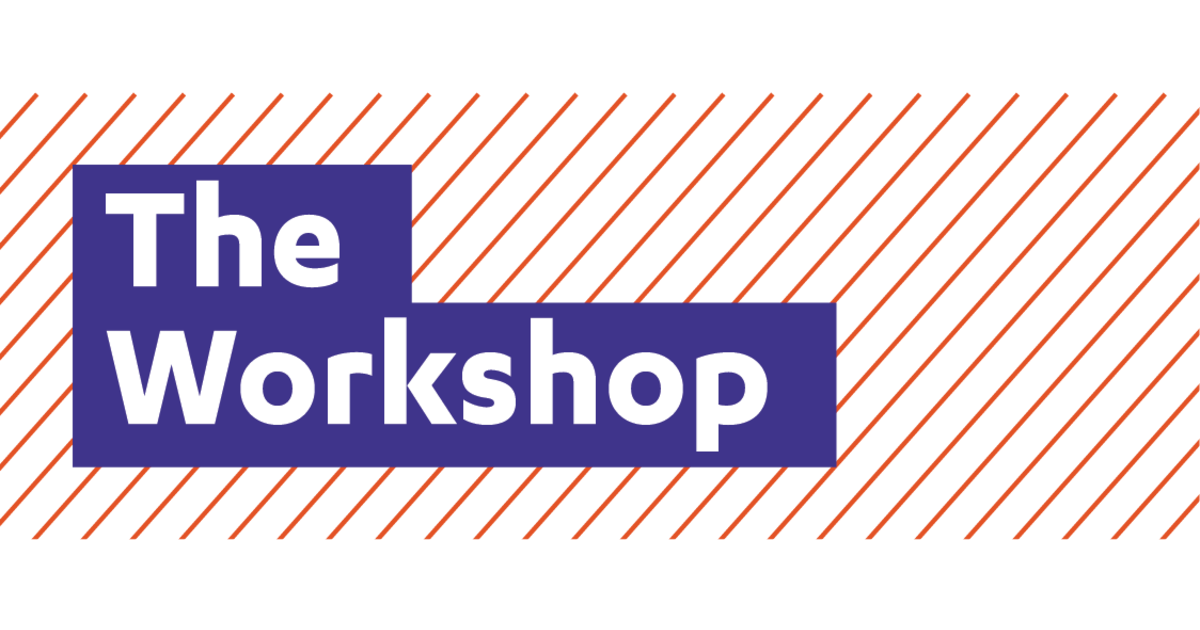Kia ora from Marianne,
Firstly, I’m very happy to introduce you to Jordan Green (Te Whānau-ā-Apanui), our new Kairangahau. You can read more about Jordan below. We are thrilled to have her join our team.
Secondly, the checklist on ‘How to Talk About Cannabis’ which we produced for ActionStation and JustSpeak, from which we shared insights in previous newsletters, is now available on our website.
Thirdly, we’ve completed our research and message guide on ‘How to Talk About Crime & Justice’. We won’t be launching the guide until November, giving us time to test it and develop a training that helps people apply the findings to their communications. But I can share a few key findings.
This is deeply personal work for me. I grew up in a community in which too many young people were swept into the maze of the criminal justice system. My father took me with him to visit some of those young people in prison. Even as a child I could sense that they needed more - not less - connection to their communities and families. Locking them away from us made no sense to me.
For many years, Dad advocated for a more preventative and restorative, less punitive, approach to justice. Since Dad died last year, this project has felt like an opportunity to contribute to his vision. I’m grateful to our project partner JustSpeak, and our funders, the Tindall Foundation, the Borrin Foundation and J R McKenzie Trust.
Good news
When you undertake research like this, there is no guarantee that any of the messages you develop and test will have the effect you are seeking. The good news is that several of the messages we tested did have the effect of increasing our test audiences' agreement with evidence-based statements about causes of and responses to crime.
Some punitive views lightly held
As we expected, a large number of this representative sample of New Zealanders started out holding highly punitive views about crime and justice. But the good news is that our messages were able to shift some of those people in the direction of less punitive and more evidence-based views on crime and responses to crime.
While a lot of people do hold quite punitive views, many of them seem to hold those views quite lightly. They can be persuaded by more evidence-based solutions to crime if those solutions are carefully communicated using the narrative strategies recommended by our research.
Offering better explanations about crime and racism
One of our key findings was the importance of offering people better explanations about causes of and responses to crime. In one of the messages we tested in this research, we used a short causal chain of facts about racial bias in the justice system. This message increased our test audience’s agreement with the statement that ‘more Māori in prison means that there is something wrong with the system’. This is significant, because without a good explanation as to why there are more Māori in prison, people tend to revert to harmful and inaccurate dominant beliefs to explain this.
This comic is an example of a ‘causal chain’ of facts about racial bias in the justice system.
Welcoming our new Kairangahau
Jordan Green
We’re really delighted to welcome Jordan Green, our new Kairangahau/Researcher, into our team this month. Jordan (Te Whānau-ā-Apanui) is a social researcher, who has recently completed her Masters thesis in social anthropology exploring digital practices of decolonisation by mana rangatahi on Instagram, and the possibilities of social media in facilitating generational conversations, with a particular focus on Ihumātao. Jordan brings a strong interest in social equity, Māori wellbeing and intergenerational healing, along with the role of communication in democratising knowledge and sharing stories grounded in mātauranga Māori to The Workshop. Like lots of us here at The Workshop, Jordan loves reading in her spare time, as well as baking. She’s based with us at our office in Wellington and we look forward to introducing her to those of you we’re currently working with.
Notes from the Narrative Movement
Words to Win By Podcast
The Words to Win By podcast was created by communications researcher and campaign advisor Anat Shenker-Osorio. A friend and mentor to The Workshop. In each episode she unpacks a real-world narrative shift that led to real-world wins ranging from electing Jacinda Ardern, to repealing a national ban on abortion in Ireland. If you are on Twitter, Anat is worth following.
We make the future - messaging guide
We Make The Future is a message guide based on Anat’s research into effective narrative strategies that weave together economic empowerment, racial justice, and gender equity. Although these narrative strategies, and the research on which they are based, is specifically focused on the US, there are lessons here for those of us communicating about racial justice, gender equity and economic empowerment in Aotearoa.
Free messaging guides
You can get more guidance on narratives on topics from transport, climate change and justice reform in our freely available message guides on our website.
Get in touch
Get in touch with with lucia@theworkshop.org.nz if you are interested in training for your team, with sharon@theworkshop.org.nz if you are interested in research on narrative strategies for your area of work, or rachel@theworkshop.org.nz if you would like to talk to us about how we can help you with specific advice.
Marianne at The Workshop


